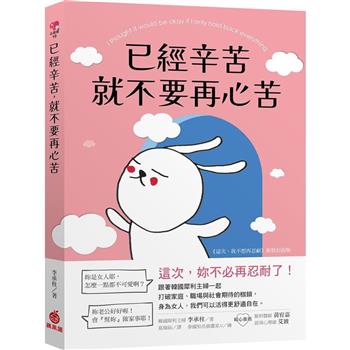This is the first interdisciplinary collection to analyse the place of Romanies and Travellers within contemporary Europe through the lens of gender and violence. In hospitals, schools, and social assistance centres; in encounters with humanitarian agencies and the police; and in media and state representations, violence against Romanies and Travellers is always gendered. The contributors disentangle the array of relations, expectations, and beliefs that make gendered violences against Romanies and Travellers appear necessary, unavoidable, or appropriate. They examine forms of gendered violence that may develop within Romani and Traveller communities against this framework of oppression and attrition.
The volume foregrounds the methodological and ethical challenges involved in researching gendered violences in Romani and Traveller contexts, questioning the relationships between gender, violence, and other experiences and concepts such as marginalisation, oppression, exclusion, harm, slow death, social suffering, and necropolitics. The volume is grounded in reflexive feminist standpoints with a collaborative ethos that offers proposals for further analysis, policy development, and engaged practice. It contributes to the theorising of gendered violence in the social sciences by assessing dominant models and perspectives in the light of overlooked Romani and Traveller experiences, and is particularly relevant to scholars from anthropology, gender studies, sociology, and social work.












